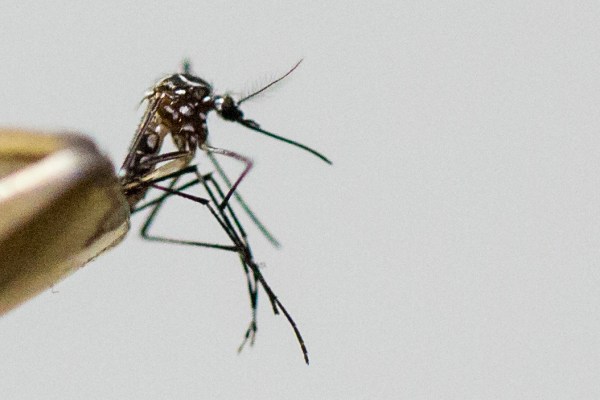The smartphone has become the digital Swiss Army Knife of modern life. Beyond making phone calls, it takes pictures and videos, facilitates purchases, connects us to our social networks, helps us navigate around town and runs applications for almost any imaginable purpose — including one you couldn’t imagine.
Today’s smartphone is a high-powered microcomputer; incredibly, now all that computing power is being harnessed collectively for the greater good, in the search of a cure for the Zika virus.
Most of us walking around with these mini-miracles in our pockets and purses cannot imagine life without them — so much so that it prompted President Obama recently to suggest that we might even be “fetishizing” them. But he might want to rethink that with news of the #OpenZika project.
The research project, spearheaded by IBM’s World Community Grid, is a tech platform that turns a network of volunteers’ personal computers, as well as Android smartphones and tablets, into a virtual supercomputer.
Volunteers who download the World Community Grid app authorize researchers to run calculations on their devices, running virtual experiments on compounds that could become components in creating an antiviral drug to combat the mosquito-borne virus.
There are roughly 2.6 billion smartphones in use around the world, and an additional 1.4 billion smartphones are sold every year, according to Consumer Technology Association research. In many developed economies, there are more smartphones than people, and ownership rates are growing even in the most remote corners of the world.
Smartphones are so popular they continue to erode landline ownership, which has dropped to roughly 50 percent of American households. They have also sidelined millions of digital cameras, a device owned by 80 percent of Americans as recently as 2011. Today, only 61 percent of us own digital cameras. We are quickly and enthusiastically migrating our offline and online activities to our smartphones.
The virtual screening of drugs is just the latest in the pocketful of miracles that today’s smartphones represent. Who knew?
We exist in an environment with tens of billions of connected devices popping up everywhere to replace the everyday objects in our public and private physical worlds. Parking meters, fire hydrants, bike racks, roadways, vehicles and even the lights and door locks in our homes are becoming connected. We integrate cameras, microphones and sensors into our physical living spaces.
In many instances, these cameras and microphones deliver an on-demand service, so they must wait for us to intimate our next need or command. As we digitize, connect and “sensorize” these objects, we also begin to systematically collect data that was always there, but wasn’t being collected in a meaningful way and therefore was not digitally available.
Therein lies enormous opportunity. And it’s an opportunity that has been embraced by the World Community Grid, which has been used previously to research malaria, Ebola and tuberculosis, among other medical maladies.
The #OpenZika project allows researchers to run calculations on volunteers’ devices without incapacitating the owners’ use of them and, to date, without a reported security breach of the owner’s data. At the same time, it provides computing power to researchers that even eclipses that of supercomputers because of the limited availability of the latter.
Alexander Perryman of the Center for Emerging and Re-emerging Pathogens at Rutgers University told CNBC that the time researchers could get on a traditional supercomputer would equal only “tens of thousands of hours or hundreds of thousands of [central processing unit] hours,” whereas with the World Community Grid they can get the equivalent of 30,000 years of CPU time.
That will greatly facilitate and expedite the computational evaluation of potentially tens of millions of compounds in the search for a substance that can cure Zika, which, while seldom fatal, can cause birth defects in the babies of pregnant women bitten by infected mosquitos.
The virtual screening of drugs is just the latest in the pocketful of miracles that today’s smartphones represent. Who knew? What’s next? Stay tuned.
